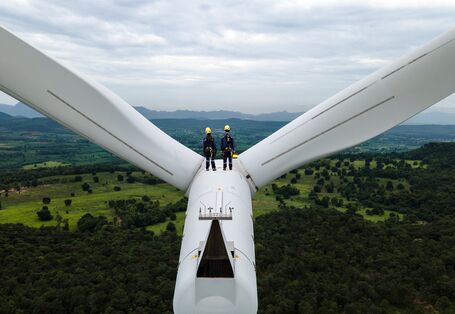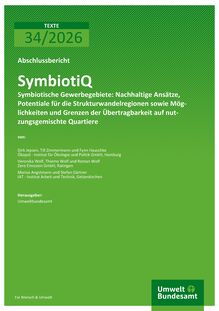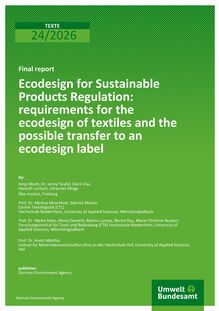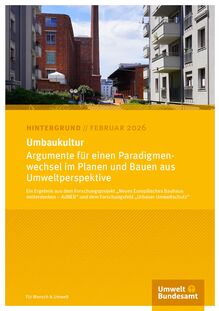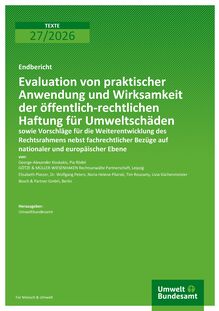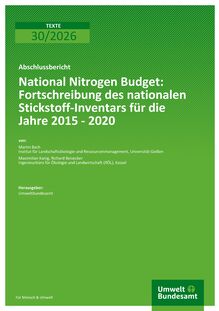Blauer Kompass Award aims to discover the best projects to address climate impacts

For 10 years, the Blauer Kompass Award of the federal government has regularly given recognition to innovative projects for climate preparedness and for adapting to the impacts of climate change. The new round of the competition has started, and for the first time, it also includes a dedicated application category for schools. The application deadline is 20 March 2026.




